In the eastern Afghan province of Nuristan, there has been a landslide resulting from heavy snowfall, causing 25 fatalities and eight injuries, according to a spokesman for the disaster management ministry on Monday.
Throughout the night of Sunday, debris, snow, and earth washed across the settlement of Nakre in Nuristan's Tatin Valley.
According to a video clip released to the public, spokeswoman Janan Sayeq stated, "The landslide has resulted in approximately 25 deaths and eight injuries."
Moreover, Sayeq warned AFP that the death toll may increase.
Situated at the southern edge of the Hindu-Kush mountain range, the province of Nuristan borders Pakistan and is primarily covered with forested mountains.
Rescue operations have also been impeded by snow, according to provincial officials.
"The helicopter cannot land in Nuristan due to clouds and rain," stated the province's chief of public works, Muhammad Nabi Adel.
One of the primary routes into the province was blocked by snow, according to Adel, making "the rescue operation difficult."
According to Jamiullah Hashimi, the provincial head of communication and culture, some 20 residences were completely destroyed or severely damaged.
As rescuers attempted to extricate victims from the debris, snow continued to fall, according to Hashimi, who also noted that the inaccessible location of the region hindered their efforts due to equipment shortages.
"Modern equipment, tools, and facilities are not available for the rescue operation," he stated.
Shovels, axes, and other hand tools were used by rescuers to sift through the debris and ground to find the deceased.
To provide space for the rescuers, large stones that had also fallen in the landslide had to be demolished using explosives.
Afghanistan is among the poorest nations on earth; it has seen decades of conflict, is prone to natural disasters, and is susceptible to extreme weather events brought on by climate change.
Risks of soil erosion
Although landslides and floods have always been a problem in Afghanistan's mountainous regions, experts believe that in recent years, the country's drought and deforestation—exacerbated by climate change—have made the situation worse.
"Soil erosion occurs when vegetation cover or the forests are cut down, or if green coverage is not present in the area," stated Rohullah Amin, the National Environmental Protection Agency's (NEPA) head of climate change.
"With soil erosion, when it rains or snows and the vegetation cover... doesn't exist anymore it causes such landslides."
In much of Afghanistan, which is used to severe winters but is currently experiencing its third year of drought, the arrival of snow this season was delayed.
Although Amin stated that the province was equally affected by the drought as other regions of the nation, officials reported that there has been less snowfall in Nuristan than in prior years.
"This year we had little snow, and it doesn't last for long," Adel added.
Many farmers in a nation strongly dependent on agriculture were forced to postpone planting due to the abnormally low amount of rain.
After the U.S.-led occupation, the South Asian nation was previously awash with humanitarian help; but, since the Taliban retook control in the middle of 2021, money to Afghanistan has drastically decreased, partly as a result of the numerous restrictions the group placed on women.
End//voice7news.tv



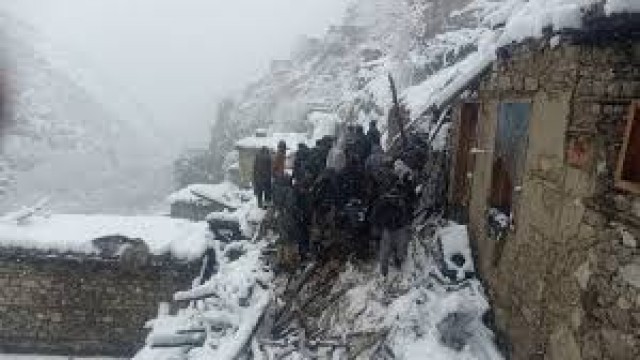










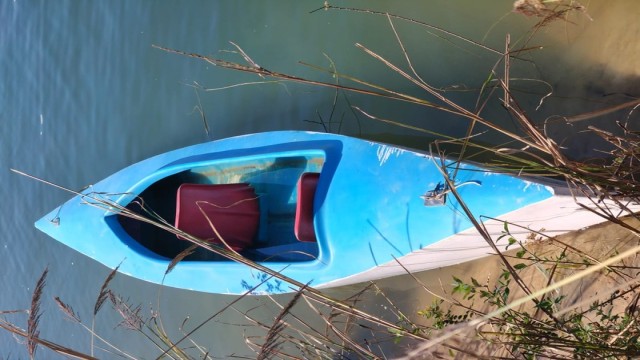

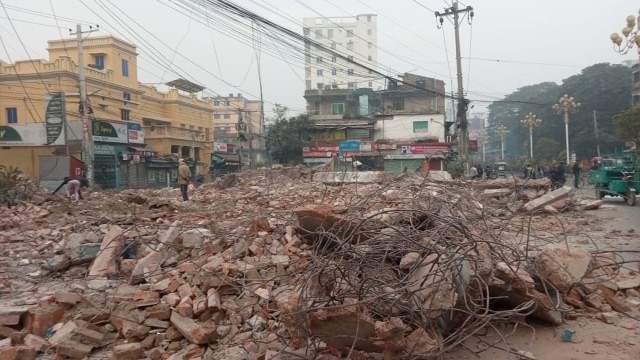
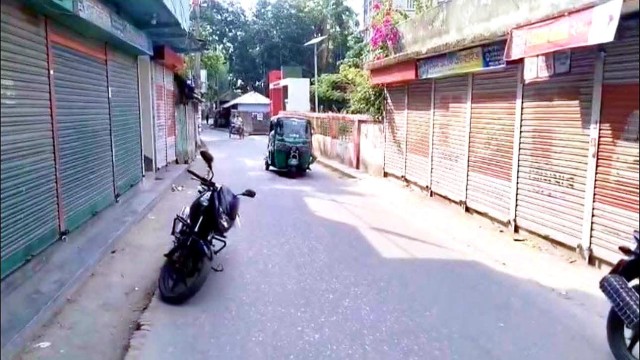



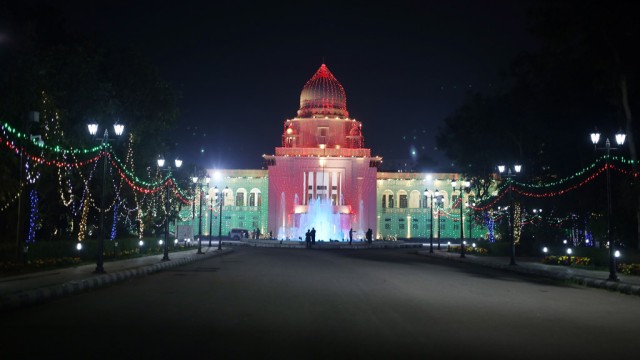









Comment: